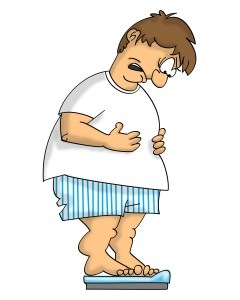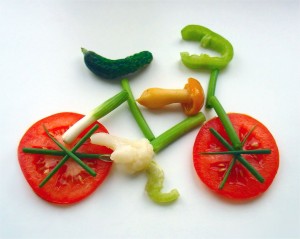 Do the stars, moon, sun, and all the planets need to be in alignment for you to start your diet?
Do the stars, moon, sun, and all the planets need to be in alignment for you to start your diet?
Diet, not a word I usually use, implies deprivation and a way of life that is not easy, comforting, and fun. So no wonder there are tons of excuses and reasons not to start.
Does This Sound Familiar?
You’ve decided that you want to lose weight. Do any of these thoughts and actions seem familiar:
- “I’ll wait until Monday to start” – and then you eat enough over the weekend to gain more weight.
- “Wow, it’s Monday, but so and so’s birthday is Wednesday and we’re going out to dinner and then there will be cake – so I might as well wait until after Wednesday to start.” And then it’s Thursday and you go back to “I’ll wait until Monday.”
- “I don’t have the right kind of food in the house and it’s raining outside and I can’t get to the gym – so I might as well chow down today and wait until I can stock up on the right stuff” (and when is that?).
- “I was so ‘good’ all week and then on Friday I went out and had drinks and dessert and a ton of bread. So I figured I ‘blew it’ and might as well eat what I want all weekend. I can start again on Monday.” Of course Monday comes along and another verse is added to this tune.
There’s Always A Reason — Or An Excuse
You get the idea. You can always find a reason not to start your new healthy eating plan or activity program. How about listing the compelling reasons to want to start.
Try A Different Way Of Thinking
Diets don’t work. Maybe they do for the short-term for some of you, but it’s rare to have long lasting weight loss from a restrictive diet mentality.
Try a different approach. Healthy eating habits are the key to success. Finding what works for the long term may require some out of the box thinking and creative solutions. Go for it and give it time. Just start.
Have you ever watched an athlete look for an opening through a crowded field of players all trying to obstruct his or her way? The athlete just keeps looking for an opening – an opportunity. The choice might be unconventional and require lateral movement or some pulling back before surging forward, but without some kind of move nothing’s going to happen — no momentum will be gained.
Look for your opening and take it – stop waiting for that elusive perfect moment or the perfect time to lose weight. You can keep telling yourself that you’ll start tomorrow — but will tomorrow ever come?



